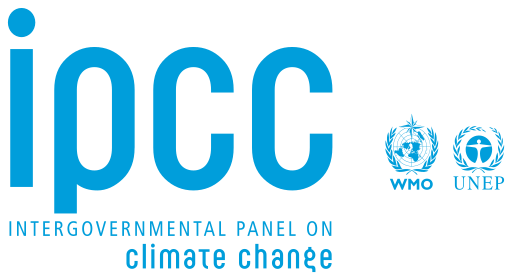|
On 20 March, 2023, the Intergovernmental Panel on Climate Change (IPCC) report came out. The IPCC's Sixth Assessment Report (AR6) Synthesis Report assesses the current state of knowledge on climate change, its widespread impacts and risks, and opportunities for scaling up effective action in the period up to 2040. The report itself can provide good guidelines for our next business design endeavor. We'll link the full report below. However, here is a little selection of some of the major points highlighted in the report. First: Earth's temperature has increased by approximately 1.1°C (or 1.9°F) since pre-industrial times. The report outlines that the 1.5°C limit is still achievable. We discussed this point and how it came about in the Paris Agreement in our climate change course. Now, let us look into 10 other points addressed in the report: 1. The report acknowledges the interdependence of the climate, ecosystems, biodiversity, and human societies as well as the importance of various knowledge modalities. So, the issue of climate change is not just one of the environment. It is a societal problem that must be solved with a wide range of knowledge and skills. 2. The report identifies instances of transformational action that are efficient, doable, equitable, and just. Accordingly, the report acknowledges the need for bold climate action to achieve significant reductions in greenhouse gas emissions while being implementable and practical. A crucial point is that actions shouldn't disproportionately harm marginalized groups or exacerbate already existing inequalities. 3. In every region of the world, human-caused climate change is already having an impact on numerous weather and climate extremes. This indicates that the effects of climate change are already being felt on a global scale and are not just a threat to the future. In-depth information about how climate change is affecting various areas and industries, including agriculture, health, and water resources, is provided in the report. 4. In order to keep global warming to 1.5°C and prepare for the effects of climate change, urgent and ambitious action is required. This indicates that the report strongly emphasizes the necessity of acting quickly to meet the Paris Agreement's most ambitious goal of limiting global warming to 1.5°C. The need for adaptation measures to assist communities and ecosystems in coping with the effects of climate change that are already present is also highlighted in the report. 5. The report emphasizes the connections between sustainable development, ecosystem health, human well-being, and climate change adaptation and mitigation. This indicates that the report acknowledges the necessity of addressing climate change holistically and comprehensively, taking into account the numerous advantages and drawbacks of various climate solutions. For instance, preserving and restoring ecosystems can support biodiversity, human well-being, and climate change mitigation. 6. According to the report, global warming of 1.5 degrees Celsius or more will cause increasingly severe and frequent climate impacts, such as more frequent heatwaves, heavy precipitation events, and more intense tropical cyclones, which will further alter the planet we are accustomed to. 7. The report emphasizes the dangers of passing crucial tipping points, including the irreversible melting of glaciers and ice sheets and the disintegration of some ecosystems. 8. The report points to opportunities for radical change in how we use energy, manage our land, plan our cities, and build our infrastructure, all of which can help with climate mitigation and adaptation. This means that the report emphasizes the necessity of switching to sustainable and low-carbon development pathways as well as the potential for transformational change in various economic sectors. 9. The report acknowledges significant challenges to achieving transformative change, including technological, economic, social, and political factors, entrenched interests, and power imbalances. 10. The report emphasizes the importance of international cooperation and effective governance mechanisms to support climate action at all local and global levels. What do you think of the following points? Anything you would like us to elaborate more on? Or do you think they are all a repeat of what everyone knows already? Here are the links if you would like to learn more:
By Tayseer Almattar and CopyaiTayseer is a passionate designer and educator. He believes that innovation potential can be grown and nurtured within organizations with relevant design innovation processes.
LinkedIn: https://www.linkedin.com/in/tayseer-almattar-design-innovation
0 Comments
Leave a Reply. |
AuthorThe following blogs are written by TforDesign team and community members. Categories
All
|
© 2013 - 2024 TforDesign. All rights reserved.
Terms & Conditions | Privacy Policy | Cookie Policy | Sitemap
Terms & Conditions | Privacy Policy | Cookie Policy | Sitemap





 RSS Feed
RSS Feed